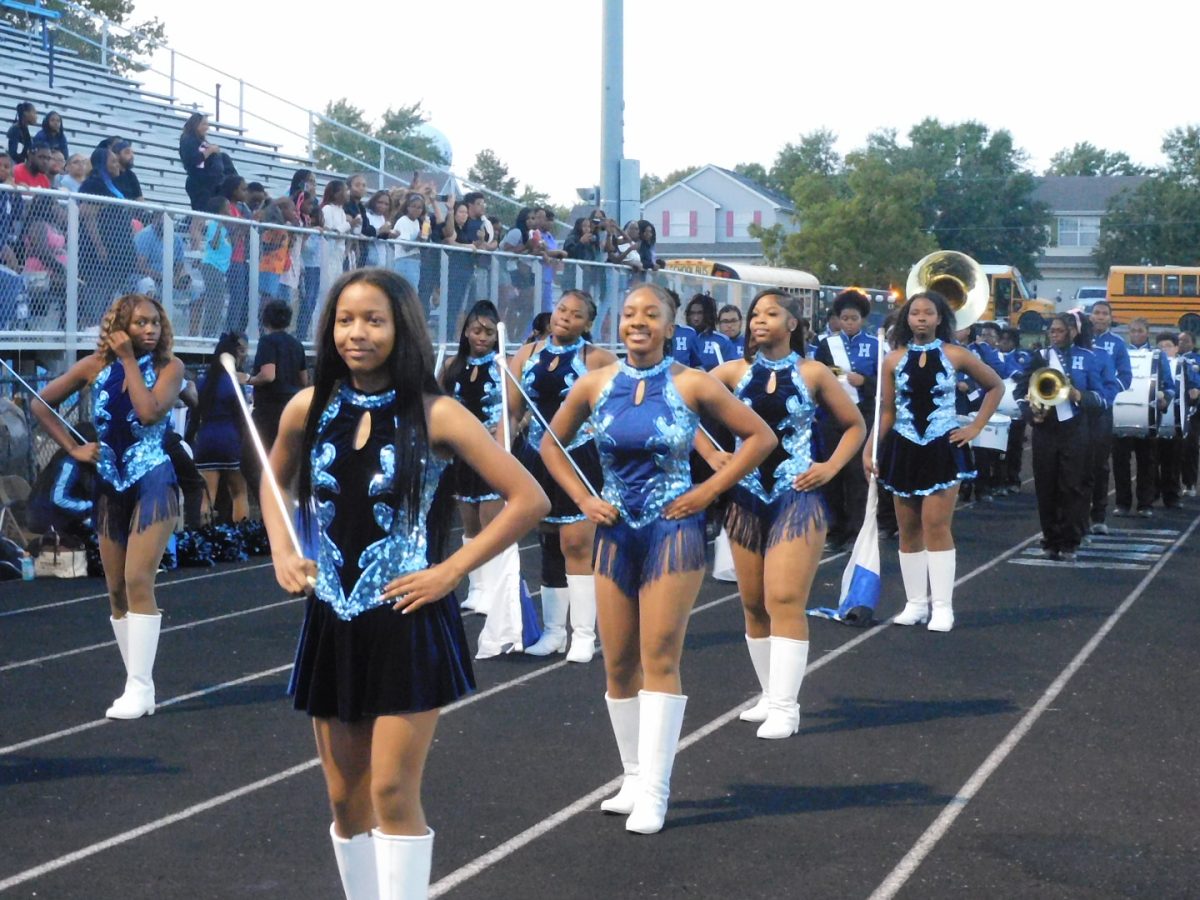Should Class Rank Exist in District 228?
March 18, 2019
Like most things, there are several pros and cons regarding class rank in Hillcrest, and within District 228 as a whole. Some pros are that it motivates students to compete with each other to get a better GPA, raising the value of academic success to competitive students; it gives the top students of their class recognition for what they’ve worked hard to achieve, and it lets students know where they are GPA-wise among their peers. Some cons to this system are that it potentially discourages children who have lower class rankings because they feel as if they could never get to the top 10; it discourages students from taking classes they are really interested in for a GPA boost; it adds unnecessary stress to the students, and it divides the student body in a world where working as a team is extremely prevalent in the real world.

From my personal experience, and as a student in the top 10 of my class, I think that the cons far outweigh the pros. I’ve seen way too many students break down over an unnecessary ranking system. I believe it is a system that teaches students to find their self-worth in these numbers. They start to believe that they can’t go anywhere in life without high ranking.
Results show that the more competitive students are with each other, the less important the distinction between the student ranks are. “Even if you are high-achieving, you are surrounded by other high-achieving kids, and somebody has to be the lower rank,” said Lauren Sartain, a research analyst at the Chicago consortium, at the annual meeting of the Society for Research on Educational Effectiveness. The students are stressing to be competitive in ranking by tenths of points on their GPA, for what?
Ask yourself this question, should someone who takes an engineering class be penalized for taking a class that he/she is interested in over a class designated as more weighty? Well, students are, because they find that competing in ranking is more important than their interests.
What about the students that come into high school at the highest of rank, shouldn’t they continue their high performance? Studies show that the students in the top 20 percent of their class in 8th grade showed an even bigger drop in class rank when they moved to high schools of choice and as their rank dropped, so did their confidence.
Destroying the confidence and potential success of students, for what? Colleges find that using ranking to determine which students they should choose is fairly inaccurate as some schools have more or fewer students than others. And, in reality, the distinction between students of high rank and students not in the top ten is nearly unnoticeable.
Some may say that it is important to give recognition to high ranked students. I believe that is true, but there are other ways to show appreciation for their hard work that doesn’t discourage other students. If every student does not feel they are good enough to ever be in the top ten, how can they ever have the confidence to make a life for themselves in the real world?
Students that like Art, Music, Physical or Culinary Arts are discouraged, by the weighting system, from taking those classes. We all know that classes like those are regular classes, so they won’t boost a student GPA as much as an AP class would. If you care about your rank, you will opt out of the classes you will enjoy for a class with higher status to boost yourself in the rankings. To try and combat this way of thinking, we have pass/fail for regular classes a student might want to take. However, being allowed to take only one class pass/fail forces students to limit themselves to one of the more interesting classes and pile on the more stress inducing classes with hopes that it will boost the student even just a bit in the rankings.
The ranking has had such an effect on the school community. Students with the higher ranks take mostly Honors/AP classes, while the other students in the school take the other classes. Sometimes it feels as if I have never even met some of my classmates because I only see the same 20/30 kids all day. When asked about the other students, it’s hard to feel connected to them because I never have classes with them. The differences between the higher ranked kids and the others causes huge problems with unity and resentment among the two groups. All of which is completely unnecessary considering we are all here for the same reason: to learn!
School is ideally a place for learning – nothing more, nothing less. Making it into a competitive game for grades only ruins the confidence of those who are not winning which cheapens the experience of a quality education.
Ranking is unnecessary and harmful, competition has no place in schools.






























